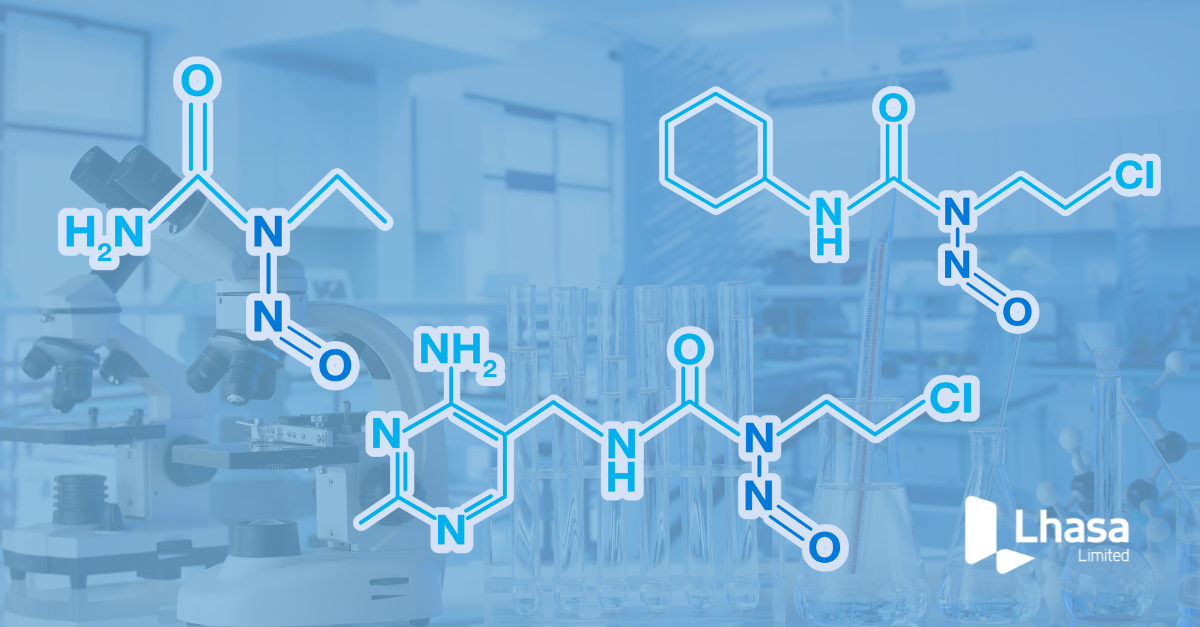We are delighted to share our important new open access article: In silico prediction of pharmaceutical degradation pathways: A benchmarking study using the software program Zeneth. The paper, recently published in Organic Process Research & Development (OPRD) is authored by Lhasa Principal Scientist Rachel Hemingway, alongside industry expert co-authors from AstraZeneca, GSK, Pfizer, BMS, Amgen and Baertschi consulting.
Understanding the chemical stability risks associated with an active pharmaceutical ingredient (API) throughout development is key for drug product quality and safety.
Forced degradation studies (also known as stress testing) are conducted to understand the stability of a drug by:
- Supporting method development,
- Validating stability-indicating methods,
- Identifying potential degradation pathways, and
- Troubleshooting stability issues.
Information collected on the API and drug product provides a degradation profile which can inform formulation development and packaging needs. This can impact the choice of storage conditions and shelf-life for the final product.
Our software solution, Zeneth considers the reaction conditions that are used in forced degradation studies and is designed to predict theoretical degradation products that can arise for a given API or drug product.
In silico assessment using Zeneth can provide knowledge and mechanistic understanding of possible chemical degradation pathways under defined reaction conditions (temperature, pH, water, oxygen, peroxide, light, metal ions, radical initiators); those typically used in forced degradation studies. Excipients (and their known impurities) can also be evaluated against the API to assess API/excipient reactivity risk, using an in-built excipient database.
Read the full paper to discover:
- How well Zeneth predictions can correctly identify the experimentally observed degradation profiles of 25 APIs from various pharmaceutical portfolios,
- Two case studies highlighting how prediction data can be utilized to confirm experimental data or assist with identification of unknown degradation products.
This paper explains why using the in silico tool Zeneth is invaluable to your drug development workflow. For more information on how Lhasa can assist with impurity and degradant control, please get in touch.
Last Updated on December 5, 2024 by lhasalimited



